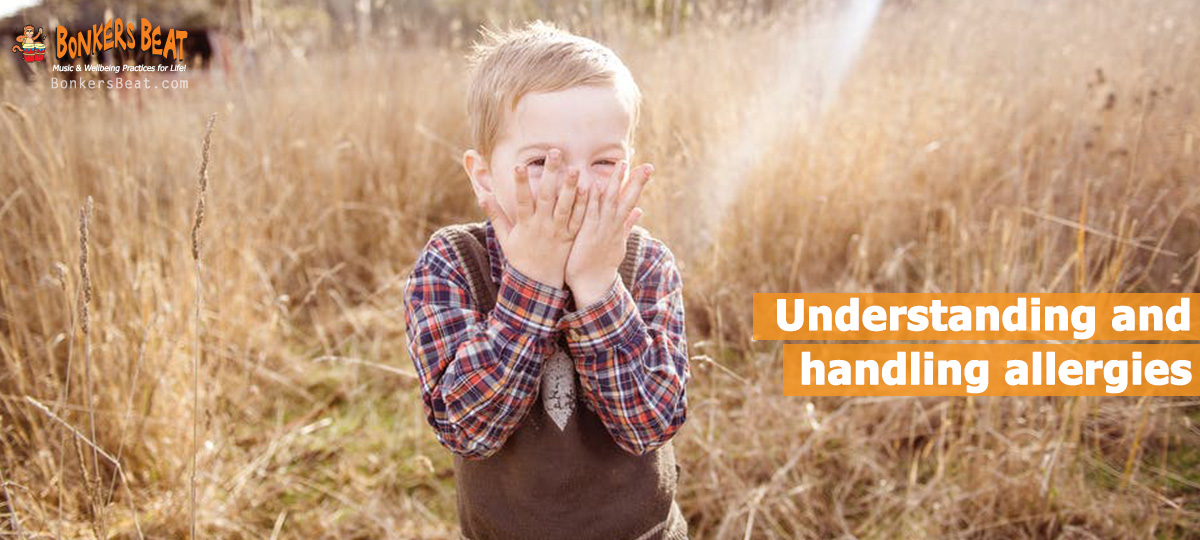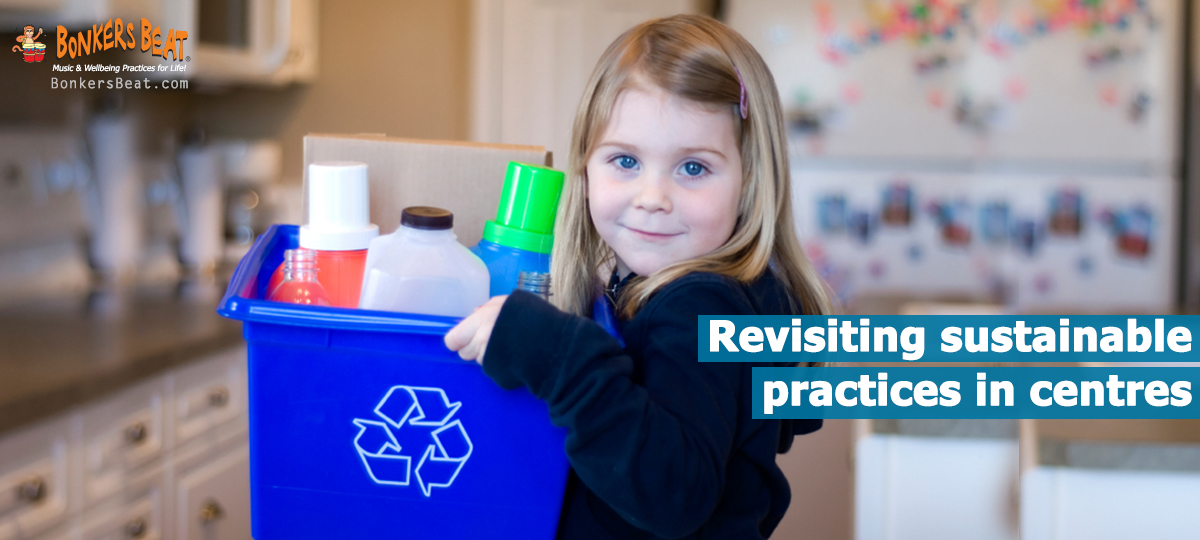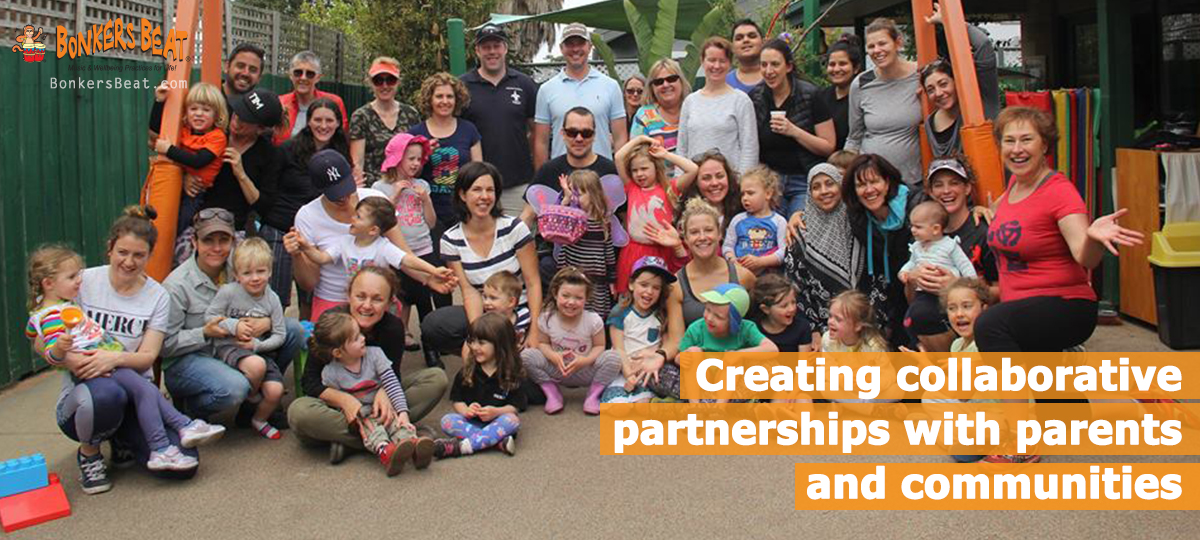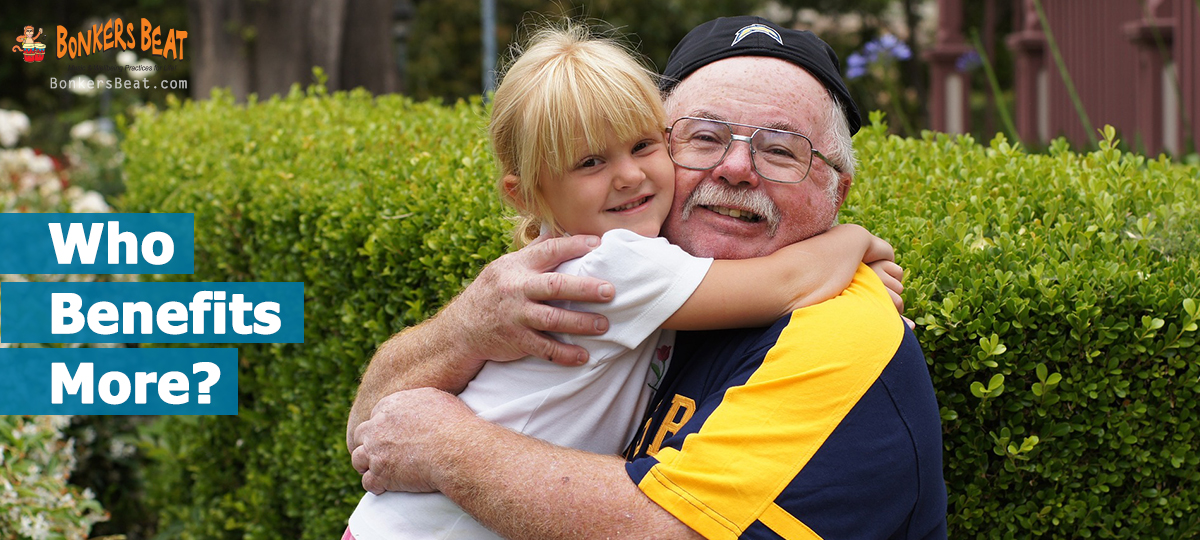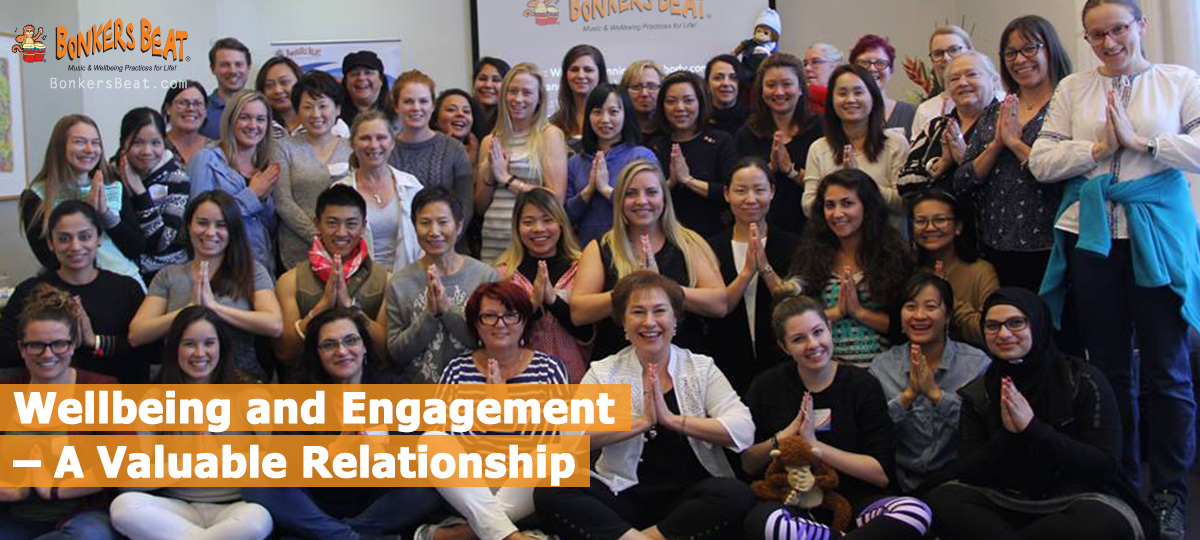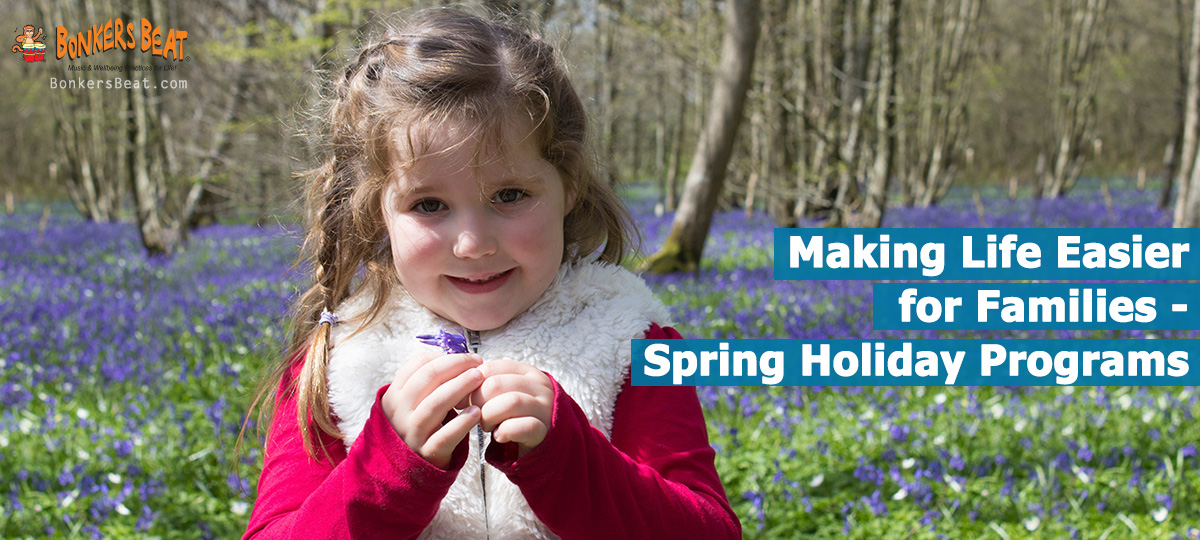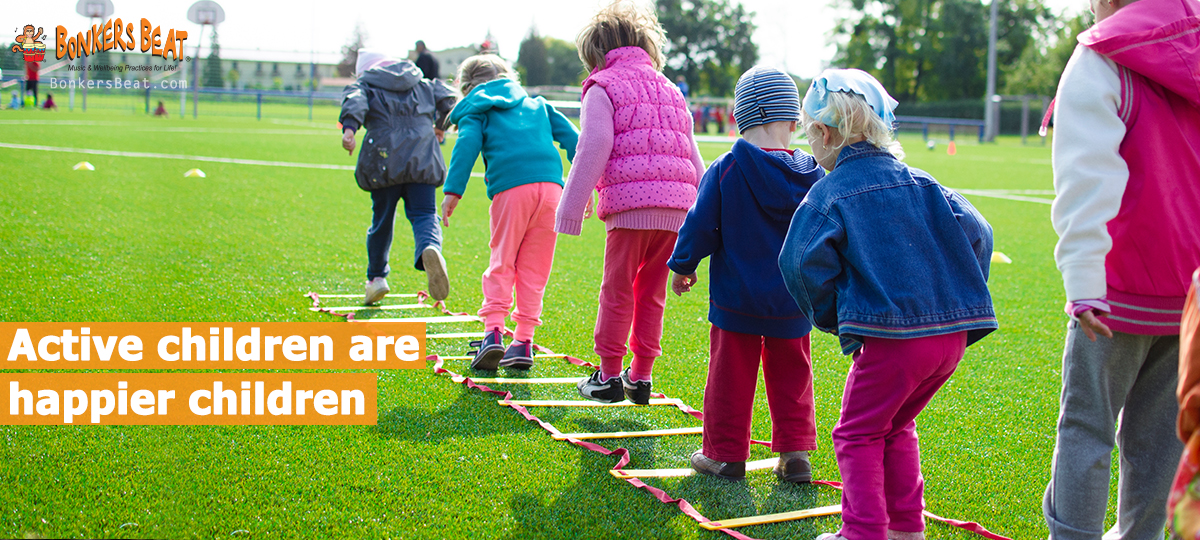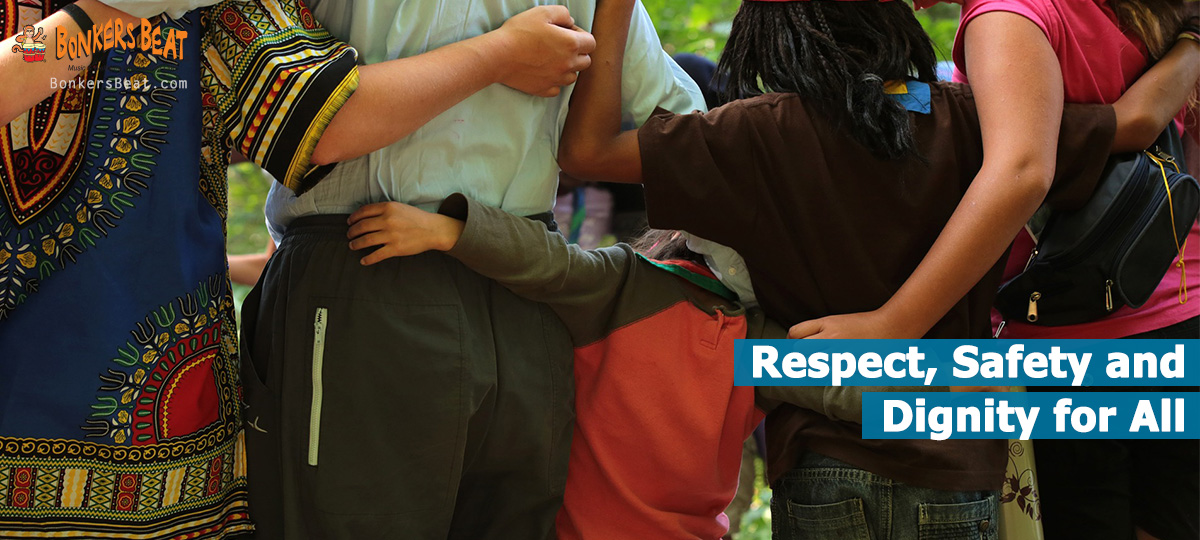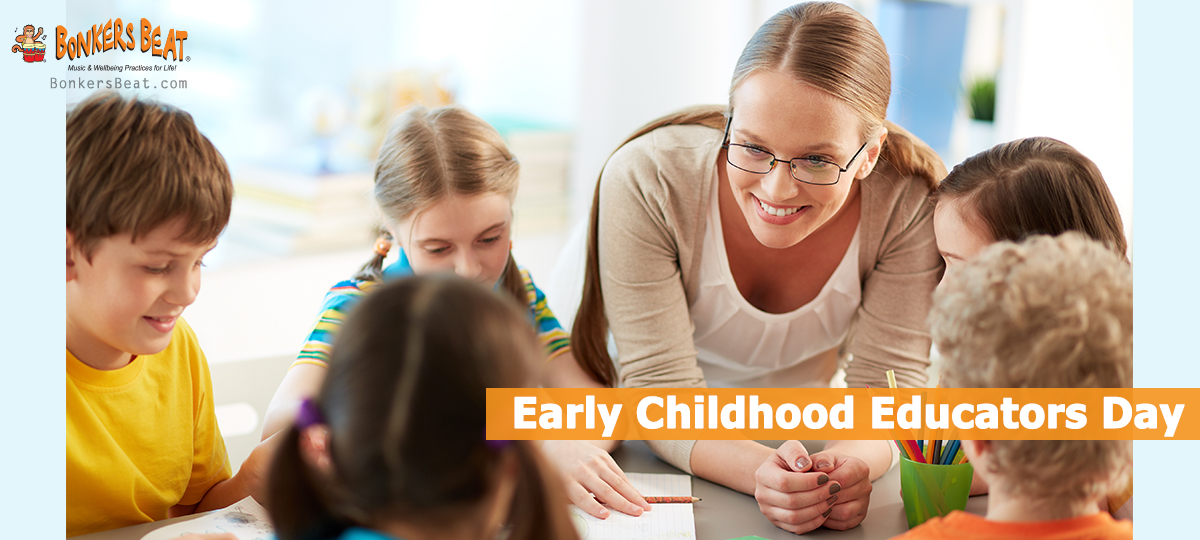Did you know that allergic reactions in children range from a mild itch to full anaphylaxis? As an early childhood educator, it is useful to have an understanding of allergies, because prevention, identifying symptoms and responding effectively are all essential to protect children from allergies.
Allergies and what they are
An allergy is what occurs when the immune system reacts to a substance, the allergen, that a child has come in contact with. The allergen is something that is ordinarily harmless, like pollen from flowers, an insect bite or a type of food. The body reacts with allergy antibodies, which react with foreign substances.
The reaction could be minor and mild, or even life-threatening.
What can trigger allergic reactions?
A common trigger for children’s allergic reactions is food. You might find children in your centre who are allergic to foods like:
- Milk or milk products
- Eggs
- Peanuts or other nuts
- Fish or certain seafood
- Soy products
- Wheat
Another trigger you might find is animals, particularly those with more fur. A cat or dog with long hair is an example of an animal a child could be allergic to. There are also allergens like pollen from plants that can even be in the air, bites or strings from a bug or even medications.
What to watch for
Allergic reactions in children could have a range of symptoms. These signs might be:
- A rash or itchy skin
- Swelling of the face, lips or eyes
- Stomach discomfort, nausea or vomiting
In the case of an anaphylactic reaction, the symptoms can be quite severe:
- Difficulty with breathing
- Tightness in the throat
- Swelling of the tongue
- Wheezing
- Dizziness
- Loss of consciousness
Preventing allergic reactions in children
Avoiding children’s allergens is the number one way to prevent allergic reactions in children occurring at your centre. While restrictions can seem frustrating at times, they can be life-saving if a child in your centre suffers from an allergy.
Make sure your centre has an action plan in place for any children who have allergies, and take care to ensure the environment, food and experiences at your centre don’t involve allergens for your children.
More helpful information about allergies, find below:
Developing an allergy policy and allergy action plans
Managing food allergy and anaphylaxis in child care

